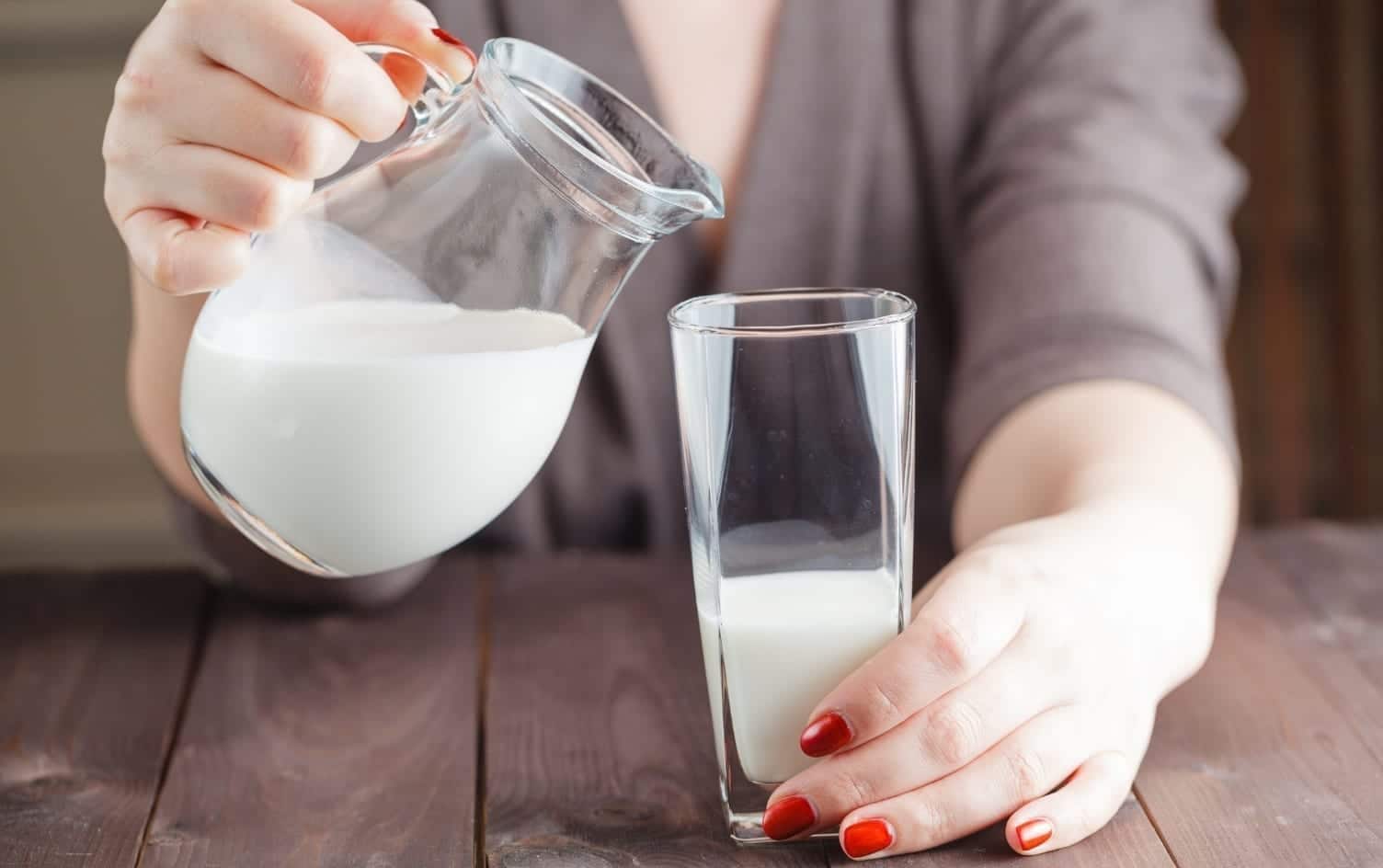Dairy is one of the five major food groups in a well-balanced diet, along with fruits, vegetables, grains and proteins. The Dietary Guidelines include fat-free and low-fat dairy as part of their recommendations. But lately more experts are getting on board with full-fat dairy. Here, a look at the benefits of eating dairy, why we’ve been told to go low-fat and how that trend is shifting.
DAIRY BENEFITS
Milk and milk products are extremely nutrient-dense. Dairy contains vitamins A, B6, B12, D and K as well as calcium, iodine, magnesium, potassium, phosphorus and zinc. Calcium, magnesium and potassium can boost heart health by lowering blood pressure.
Research from 2011 shows dairy contributes just 10–13% of the calories in the average American diet, but accounts for 47% of the calcium, 42% of the vitamin A and 65% of the vitamin D in said diets. The fat in dairy helps us absorb more vitamin A, D, K and calcium, and also helps us feel fuller.
WHY WE’RE TOLD TO GO LOW-FAT
The downside of dairy fat is it’s mostly saturated fat, which is linked to high LDL (aka “bad”) cholesterol and poorer heart health. We’ve been warned to pull back from saturated fat since at least the 1950s. Today there’s a large evidence base to support the case against saturated fat, which is why major health organizations recommend low-fat and skim instead of full-fat dairy.
THE SHIFT TOWARD FULL FAT
Nonetheless, recent studies chip away at the notion saturated fat and foods high in saturated fat (Think: whole milk, beef, coconut oil) are harmful. In 2018, The Lancet, a major peer-reviewed medical journal, published findings that dairy is beneficial to the heart. After surveying the diet of 136,384 people from 21 countries and following them for nine years, the researchers found eating two or more servings of dairy per day helped reduce risk of heart disease by 22%, stroke by 34% and death from heart disease by 23%.
However, it is important to note this was an observational study. So while it’s good for establishing patterns, correlation isn’t causation. Participants self-reported food and beverages with a questionnaire, a method prone to human error since it can be hard to recall everything we eat. The researchers also acknowledge only measuring diets at the start of the study. If people changed their eating habits during the nine years of follow up it would not affect the analysis. Finally, milk and yogurt are the main dairy sources in the participant’s diets. The researchers didn’t note the same beneficial link for eating butter or cheese.
THE BOTTOM LINE
Nutrition studies have limitations, but they’re still valuable. This is one of the few large studies to look at how dairy foods affect heart health. In the past, researchers typically relate saturated fat’s impact on heart health without paying much attention to the food it comes from. This study doesn’t acquit saturated fat. It does tell us we should take a second look: A food isn’t automatically bad because it’s high in saturated fat.
If you have heart disease or are at risk for it, opt for skim and low-fat dairy. Otherwise, healthy adults can continue to include full-fat dairy as part of a well-balanced diet.




